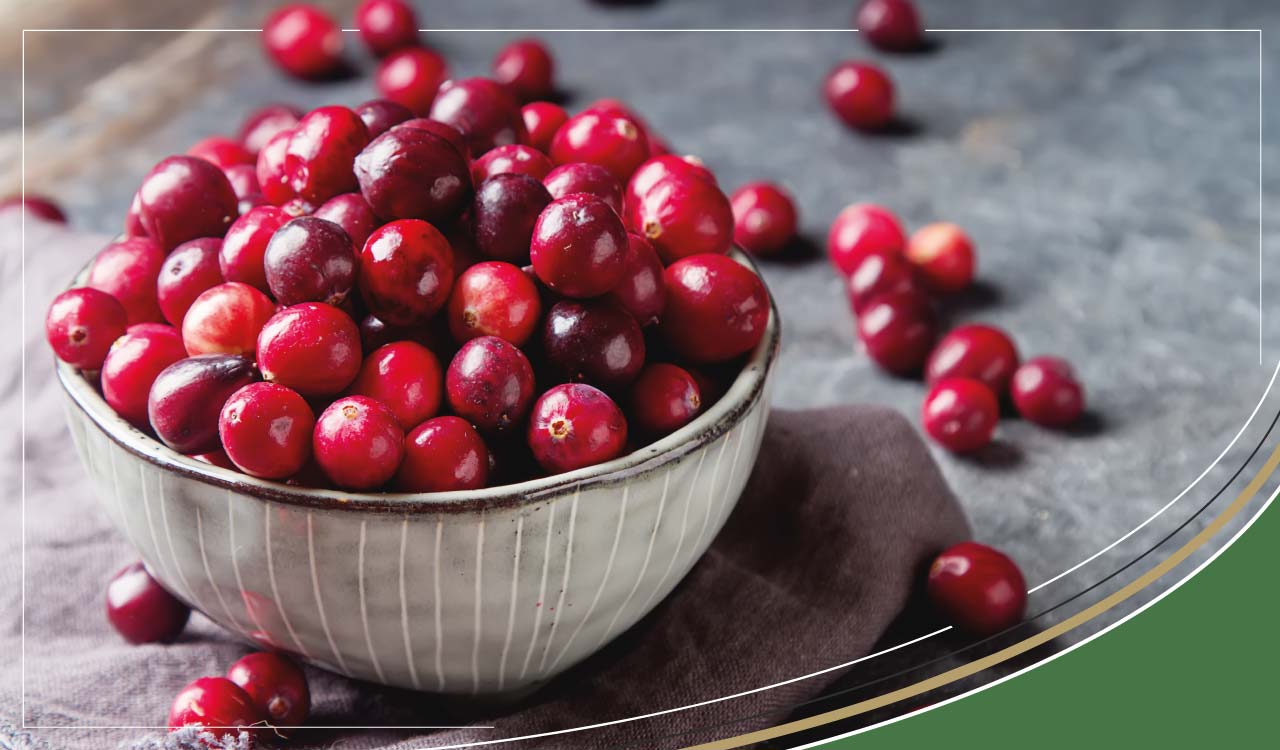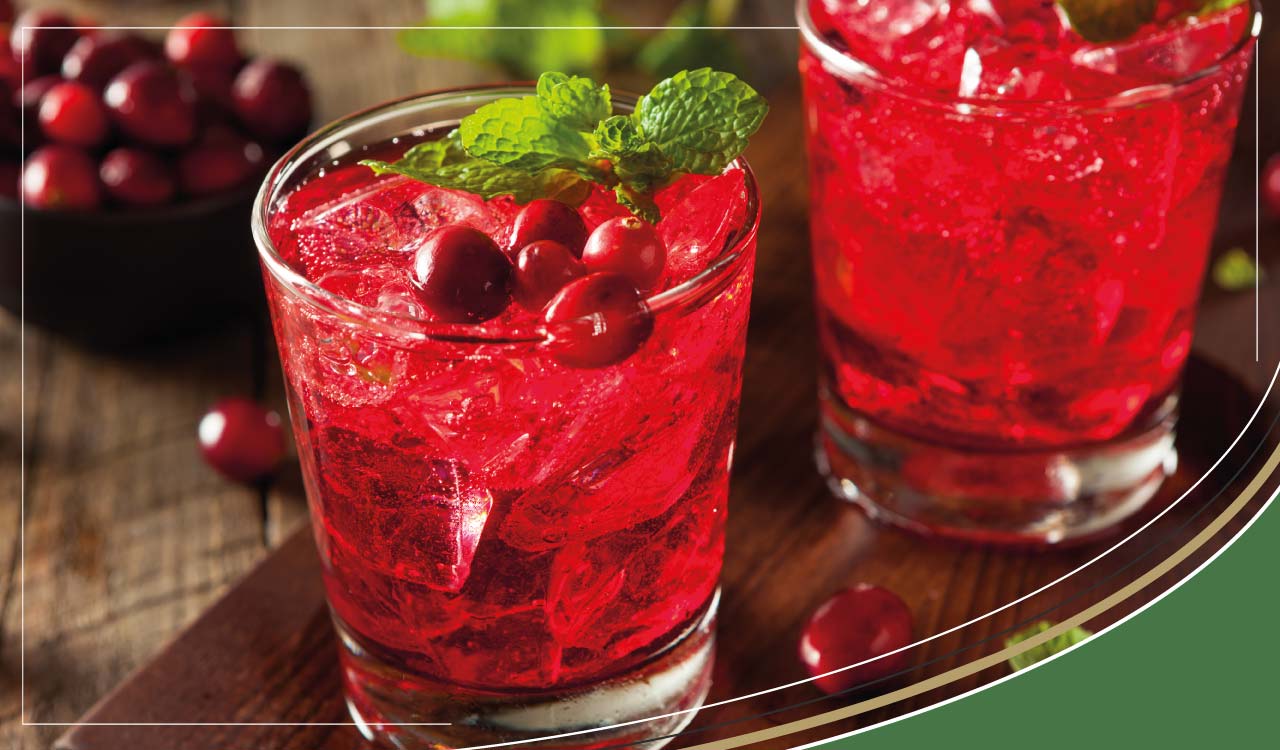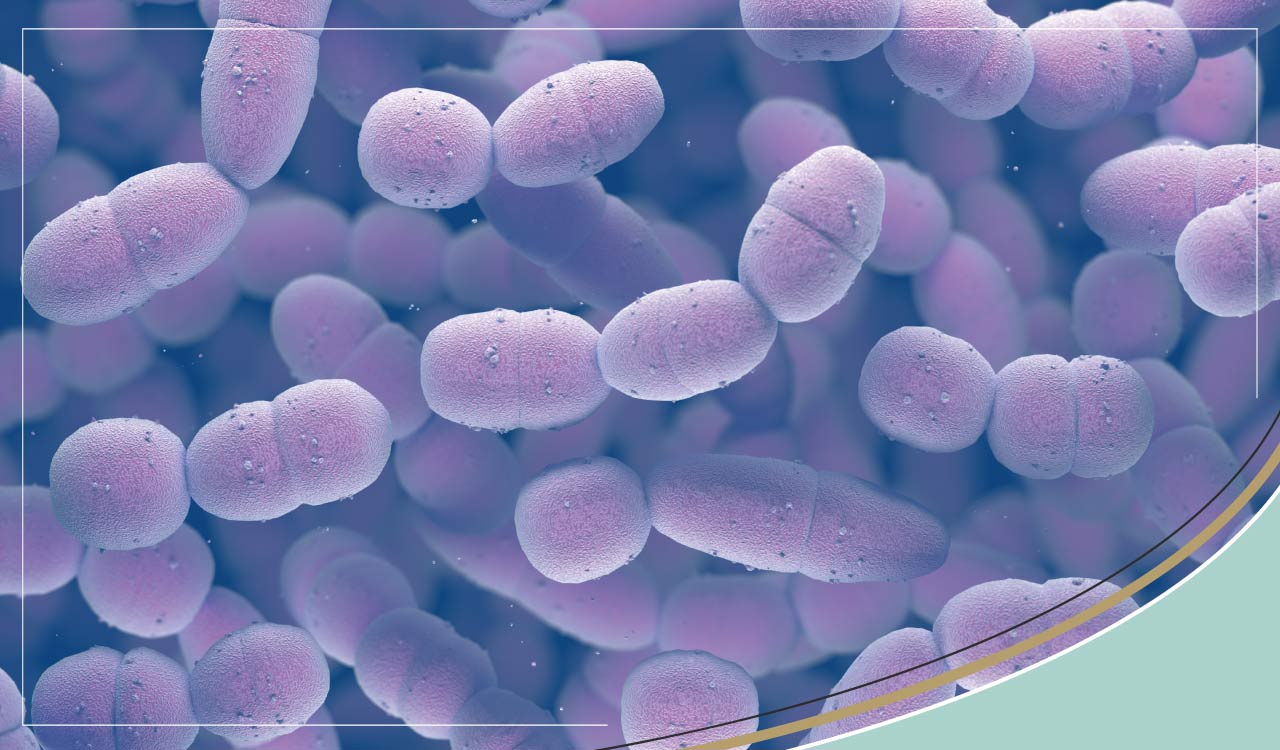Breaking the myth - Do cranberries prevent urinary tract infections and cystitis?

The cranberry, native to North America, has long been hailed as a cure and preventative for urinary tract infections but how much truth is there in this?
In the past, cranberries were linked to UTIs and cystitis for two reasons: firstly because of their acidity (cranberries contain a range of acids: citric, malic, benzoic, quinic) which was thought eradicate bacteria, and secondly because they contain high levels of Proanthocyanidins and Flavonols (thought to decrease adherence of E-coli with fimbriae to the cell walls).
We now know that many strains of bacteria, including strains of E.coli (the bacterium which causes of the vast majority of UTI’s), actually thrive in an acid environment. Also, studies have shown that, whilst Proanthocyanidins and Flavonols do increase the levels of energy that E-Coli needs to expend to attach to cells, they are not able to prevent bacteria from multiplying. They have been shown to be successful, to some degree, in protecting against Streptococcus mutans and H-Pylori bacteria but the European Food Safety Authority in 2011 found claims about Proanthocyanidins in relation to E-Coli in UTIs to be unsubstantiated.
Nonetheless, testing of the properties of cranberries in relation to UTIs found a component that could in fact be more helpful: D-Mannose.
D-Mannose occurs naturally, in small amounts, in cranberries but needs to be taken in larger quantities to be effective against E.coli. In order to gain any effectiveness from drinking cranberry juice as a preventative for UTIs, you would have to drink two 220ml glasses of cranberry juice three times a day (or take a cranberry extract 300-400mg twice a day) for a number of months (Lynch, 2006). Though studies have shown that even at this level of consumption cranberries may only prevent a maximum of 50% of UTIs from occurring (Jepson et al, 2012).
Following the application made by Ocean Spray related to their cranberry products, the EFSA Panel concluded in 2009 "the evidence provided is not sufficient to establish a cause and effect relationship between the consumption of O S cranberry products and the reduction f the risk of UTI in women by inhibiting the adhesion of certain bacteria in the urinary tract." The full Summary of Opinion given by EFSA is given on their website:
 Free Shipping on orders $110+ AUD
Free Shipping on orders $110+ AUD
 Worldwide Delivery Available
Worldwide Delivery Available
 Read Thousands of Independent Reviews
Read Thousands of Independent Reviews


















